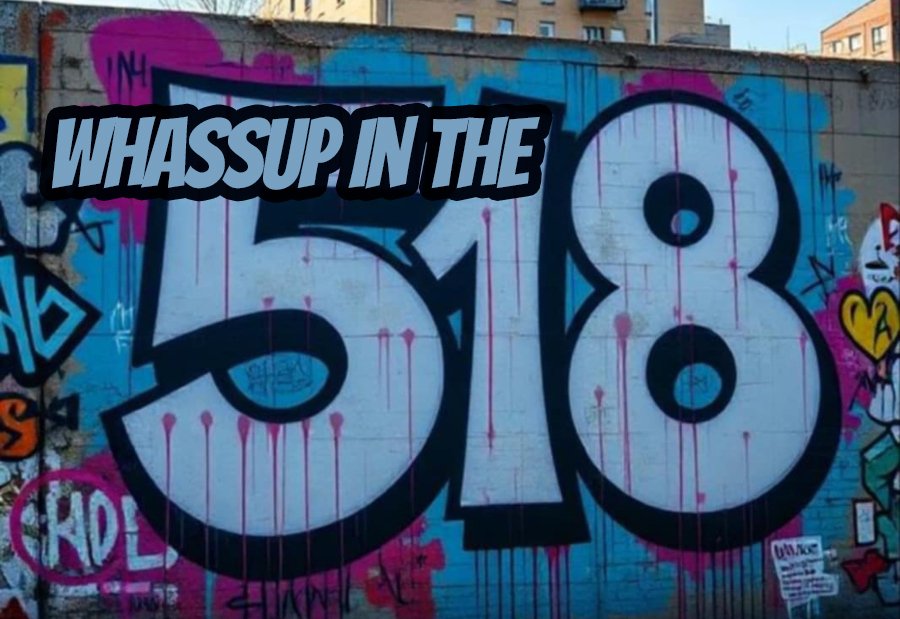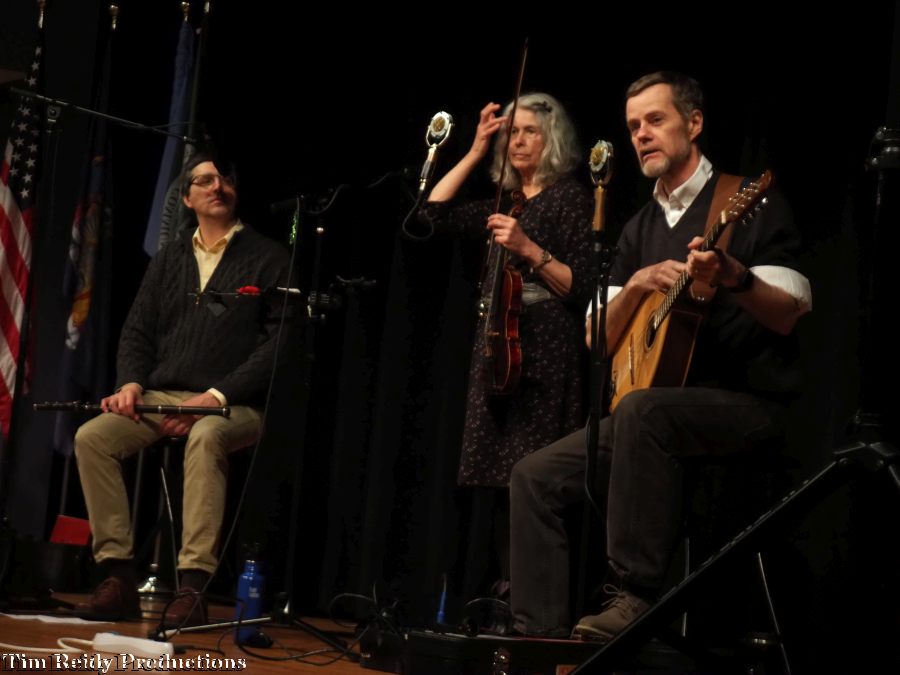Prog Digest – An Xperience Column
Written by Staff on March 5, 2024
Prog Digest – An Xperience Column – by Klyde Kadiddlehumper.
This month we attack the sublime and the ridiculous. Each, in its own way a bit of both.
At the time of this writing, 2 momentous occurrences shook the classical (or perhaps more correctly – the Neo Classical) world. The first was the passing of one of the greats – Professor Peter Schickele and the second is part of a performance for a work by John Cage.
I’ll start with Professor Pete. Peter Schickele was a classical composer as well as a musical satirist. His serious work, of which there were more than 100 pieces, is well regarded and, in some cases, more well known than one would think.
As a very talented bassoonist, he was a member of a chamber rock trio which wrote and performed music for the 1969 revue Oh! Calcutta!. Running Off Broadway and at the West End in London for over 3,900 performances, the erotic revue featured not only performers in the nude, but sketches written by Samuel Beckett, Sam Shepard, Edna O’Brien and many more. Oh, and then there was his work with Joan Baez where he arranged and orchestrated the music on her albums Noel, Joan and Baptism. Not bad company for a guy who would later become more known for his ridiculous work than the serious stuff.
You see – Professor Peter Schickele also ‘discovered’ the work of P.D.Q. Bach (1807-1742?) while a member of the faculty at the fictitious University of Southern North Dakota at Hoople. Works such as The Abduction of Figaro, Pervertimento for Bagpipes, Bicycle and Balloons, Concerto for Horn and Hardart, Oedipus Tex, The Stoned Guest and Hansel and Gretel and Ted and Alice: An Opera in One Unnatural Act. He would ‘discover’ pieces in such places as trash cans. His Einstein on the Fritz was a parody of a work by his classmate at Juilliard – Philip Glass.
Listen to his Art of the Ground Round (S. 1.19/lb) where, in the end, the lyrics are so silly you cannot help but laugh.
Our second victim – ummm… subject – is likely the single longest piece of which I am aware. A composition by someone we have referenced in this column previously regarding time – John Cage. His work 4 minutes and 33 seconds we have referenced before, and is one of the shorter ‘classical’ work ever composed.
Not so the case for this work.
For the first time in two years there was a chord change in a John Cage work. Known as Organ2/ASLSP (As Slow As Possible) is a work written on 8 pages. On most occurrences it takes over an hour to perform. A 2009 performance lasted 14 hours and 56 minutes while another in 2022 took 16 hours.
They are all pikers compared to the performance taking place in Halberstadt, Germany where they are using a custom built organ. On February 5, 2024 the chord changed from C, D-Flat, D-Sharp, E, A-Sharp and E to C, D-flat, D, D-Sharp, E, A-Sharp and E with a fresh D pipe being added. The previous chord change was made on September 5, 2020. The next scheduled change in August 5, 2026.
If you would like to see the momentous occasion, go to Classicfm.com and hunt for the article.
Oh, did I fail to mention that this performance is scheduled to take 639 YEARS? This makes Wagner’s Ring Cycle look like a walk in the park.
We all have our comfort zones – the place we like to go that is familiar. A comment I’ve made before.
The world is made of the differences we all have, and the world of music is no different. Funkadelic got it right – Free Your Mind and Your Ass Will Follow.
Until next time.
Klyde





 RadioRadioX
RadioRadioX